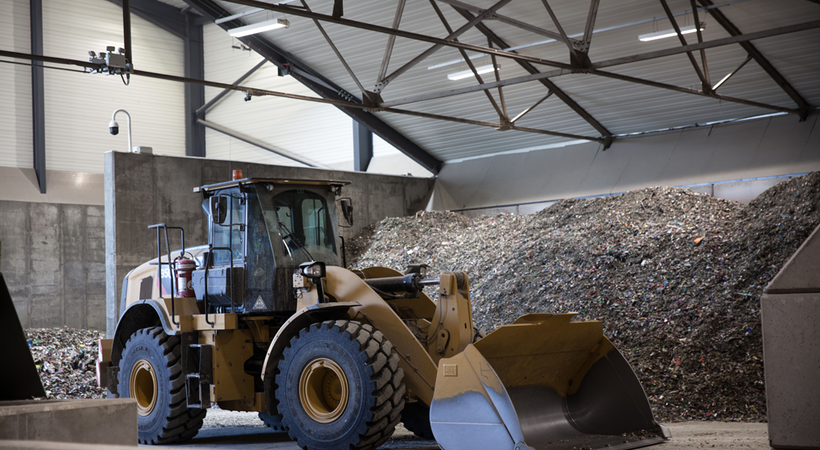Knauf Insulation and Veolia have opened a 60,000 tonnes/year glass recycling facility in St Helens, UK.
Veolia’s facility uses technology to sort and separate glass at a micro-level, delivering an ultra-pure glass cullet.
The machinery includes vibrating screens for size sorting, magnets to extract ferrous materials and eddy current separators for non-ferrous materials.
The facility enables Knauf Insulation to secure its glass supply and maximise the use of recycled materials instead of virgin minerals.
The proximity of the facility will save approximately 375,000 miles of road journeys.
The glass collected equates to over 350 million bottles thrown out yearly – which could otherwise end up in landfill or pollute the environment.
With a £10M investment and a decade long commitment from Knauf Insulation, both companies are demonstrating their dedication to sustainable and circular manufacturing.
John Sinfield, Managing Director at Knauf Insulation Northern Europe, said: “We have been using recycled glass in our manufacturing process for some time already.
"As well as securing our glass supply, the quality and consistency that we are getting now from the new facility will enable us to increase further the percentage of glass cullet we use in the manufacture of our glass mineral wool insulation solutions, taking us one step further in our sustainability journey.
Estelle Brachlianoff, Senior Executive Vice-President at Veolia UK & Ireland, said: “To see our site officially open today is a vote of confidence in our technology and the quality of cullet we produce. By using a significant amount of this glass in its manufacturing process, Knauf Insulation is setting the standard for other manufacturers to follow – making use of recycled material mainstream rather than niche.
“We want to see this first-of-its kind partnership pave the way for others; where waste is seen as an indispensable commodity and given a completely new lease of life.
"It would be fantastic to see more key industry players follow Knauf Insulation and incorporate circular economy thinking into production.”





